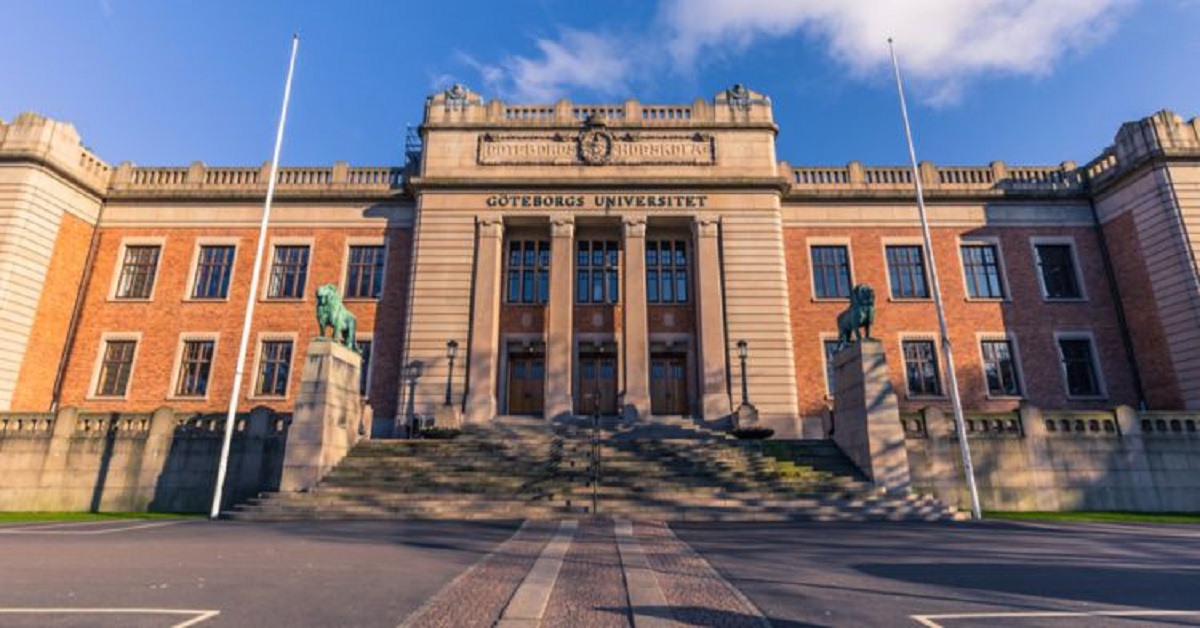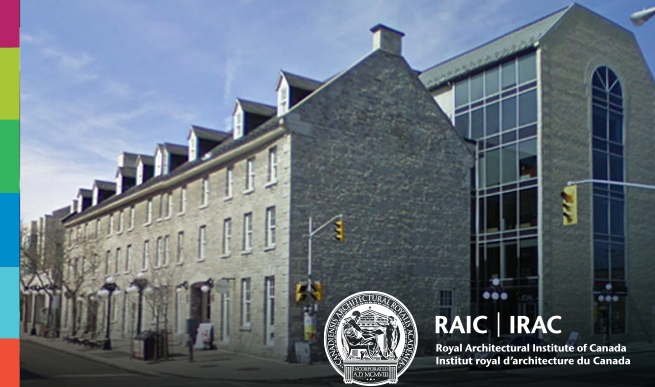
The University of Gothenburg tackles society’s challenges with diverse knowledge. 53 500 students and 6 500 employees make the university a large and inspiring place to work and study. Strong research and attractive study programmes attract scientists and students from around the world. With new knowledge and new perspectives, the University contributes to a better future.
The Department of Philosophy, Linguistics and Theory of Science is part of the Faculty of Humanities and employs more than one hundred members of staff. The department hosts several large national and international research projects. We offer courses for philosophers, logicians, general linguists, computational linguists, theorists of science, historians of philosophy, philologists, as well as philosophy teachers. Our website can be found here.
Subject area
Theoretical Philosophy
In Gothenburg practical and theoretical philosophy are two distinct subjects, each with their own study program, up to and including the study program for third cycle studies. Theoretical philosophy is defined in terms of the topics it covers. The topics normally included under this heading are minimally metaphysics/ontology, philosophy of language, epistemology, philosophy of science, and philosophy of mind.
Subject area description
Theoretical Philosophy examines the nature of mind and (external) reality (metaphysics and the philosophy of mind), our knowledge of that reality (epistemology, philosophy of science), as well as different ways of representing, and reasoning with that knowledge in language and thought (philosophy of language and logic). Research within Theoretical Philosophy at the University of Gothenburg covers more or less all of these areas. Our researchers are actively involved in research-cooperation, research networks, as well as externally funded national and international research projects. From a methodological point of view, teaching and research is in what is sometimes referred to as ‘analytic’ philosophy, occasionally with a strong emphasis on historical perspectives. For more information, please visit our subject area webpage here.
Teaching in theoretical philosophy mainly consists in teaching first, second and third-cycle courses in theoretical philosophy. Teaching assignments may also include teaching evening-courses and distance learning courses (both joint with practical philosophy), courses in philosophy for students on the teachers’ education program, on the BA-program in Liberal Arts, and on the MA program Ancient and Medieval Philosophy and Classical Philology.
Job assignments
Work duties include research, teaching, and administration.
Research: The successful applicant is expected to conduct and publish research in theoretical philosophy at a competitive international level in their area(s) of expertise. They are also expected to regularly apply for external funding for research projects, national and international, to build research networks and collaborate with researchers, both at and outside the department, and to contribute to the subject’s research environment, among other things by actively participating in its weekly research seminar.
Teaching: The successful applicant is also expected to teach, mainly in theoretical philosophy on first-cycle courses (e.g., philosophical method, history of philosophy, epistemology, logic, philosophy of language, metaphysics, philosophy of mind) and on second-cycle courses (mainly electable courses on topics closely related to research conducted by our staff, as well as supervision of BA- and MA-theses). Duties may also include teaching on third-cycle courses (including supervising doctoral students), teaching evening-courses and distance-courses, teaching courses in philosophy, theory of science and critical thinking to students on the teachers’ education program, teaching courses on the BA-program in Liberal Arts, and teaching courses on the MA program Ancient and Medieval Philosophy and Classical Philology.
Besides lecturing, examining, leading seminars, and supervising (BA-, MA, and PhD-) theses, teaching also comprises teaching administration, including course and curriculum development.
Teaching language is either Swedish or English.
Administration: Besides research, teaching, and teaching administration, other types of administrative tasks may be included. Among these are work on quality development, and work environment related administration, on the department or faculty level. The successful applicant is also expected to actively participate in workplace meetings, departmental conferences, and other internal meetings.
The successful applicant is expected to perform most of their tasks while geographically residing in Gothenburg.
Eligibility
The qualifications for academic positions are given in Chapter 4, 4§ of The Higher Education Ordinance. To be eligible, candidates must have completed their doctoral degree (or equivalent) and have demonstrated teaching expertise.
Successful applicants who have not completed university pedagogy courses equivalent of 15 credits, and who lack equivalent experience, must take the relevant courses at the University of Gothenburg during their first year of employment.
Successful applicants must be able to teach in either Swedish or in English. Within two years, they are expected to be able to teach in Swedish.
The University offers free courses in Swedish for its employees. More information here.
Assessment
The basis for assessment for employment as a senior lecturer is specified in Chapter 4, §4 of The Higher Education Ordinance as well as in the Appointment Procedure for Teaching Posts at the University of Gothenburg.
Teaching and research skills will be equally weighted in the assessment of candidates. Administrative experience is also a desired qualification.
Documented ability to produce and publish research of high international quality as well as credentials in the form of successful research grant applications count especially towards a high evaluation of research skills. In part I of the application (Academic Portfolio I), the applicants research specialty, plans for future research, and fit with the existing research environment should be described.
In our assessment of the applicants’ teaching skills both quantity and quality of teaching-experience are taken into account. Teaching in a wide array of areas (in theoretical philosophy), on several levels of education (first-, second- and third cycle studies), as well as experience of supervision, including supervision of doctoral students, count especially towards a high evaluation of teaching skills. So too does experience of teaching administration, including course-, program-, and curriculum planning and development.
We are looking for a candidate who can contribute to our subject area both academically and pedagogically, and who has the personal qualities required to collaborate both with a small team and more widely within the university to support the development of the department.
Employment
Type of employment: Permanent position
Extent: 100 %
Location: Department of Philosophy, Linguistics and Theory of Science, Gothenburg University, Gothenburg.
First day of employment: On agreement.
For further information:
Anna-Sofia Maurin, professor of theoretical philosophy, anna-sofia.maurin@gu.se
For procedural questions, please contact personnel administrator Jennifer Stråle, jennifer.strale@gu.se
Unions
Union representatives at the University of Gothenburg:
https://www.gu.se/en/about-the-university/work-at-the-university-of-gothenburg/how-to-apply
Information for International Applicants
Choosing a career in a foreign country is a big step. Thus, to give you a general idea of what we and Gothenburg have to offer in terms of benefits and life in general for you and your family/spouse/partner please visit:
https://www.gu.se/en/about-the-university/welcome-services
https://www.movetogothenburg.com/
How to apply
To apply go to the Gothenburg University Vacancies website here and click on the advert for this position, and then on the ‘Apply’ button at the bottom of the page.
The application should be designed in accordance with the instructions for qualifications portfolios at the Faculty of Humanities (here).
Please note that the following documents should be attached to the application:
- Doctoral Degree certificate
- Doctoral thesis
- Any study materials
- The full text of a maximum of 10 scientific articles that the applicant particularly wishes to cite
- Description of research and teaching
- List of higher education qualifications and employment
- Academic Portfolio I: Scientific qualifications
- Academic Portfolio II: Teaching qualifications
- Academic Portfolio III: Management and administrative experience
- Academic Portfolio IV: Experience in cooperation with the surrounding community
It is the responsibility of the applicant to ensure that the application is complete in accordance with the instructions in the job advertisement, and that it is submitted before the deadline.
Any documents that are not available in electronic format should be mailed to: University of Gothenburg, FLoV, Box 200, SE-405 30 Gothenburg, SWEDEN. Reference number should be clearly stated on the mailed documents.
We welcome applications written in English, since a non-Swedish speaking person may be appointed as external assessor in the recruitment process.
Shortlisted candidates may be asked to do trial lectures and interviews. In connection with these, we may also ask for references.
Closing date: Nov 15, 2021
The University of Gothenburg promotes equal opportunities, equality and diversity.
Salary is determined on an individual basis.
Applications will be destroyed or returned (upon request) two years after the decision of employment has become final. Applications from the employed and from those who appeal the decision will not be returned.
In connection to this recruitment, we have already decided which recruitment channels we should use. We therefore decline further contact with vendors, recruitment and staffing companies.
![Postdoctoral and Research Opportunities at McGill University [CA]](https://scholaridea.com/wp-content/uploads/2020/06/mcgill-university-30-may-2019-768x402.jpg)

